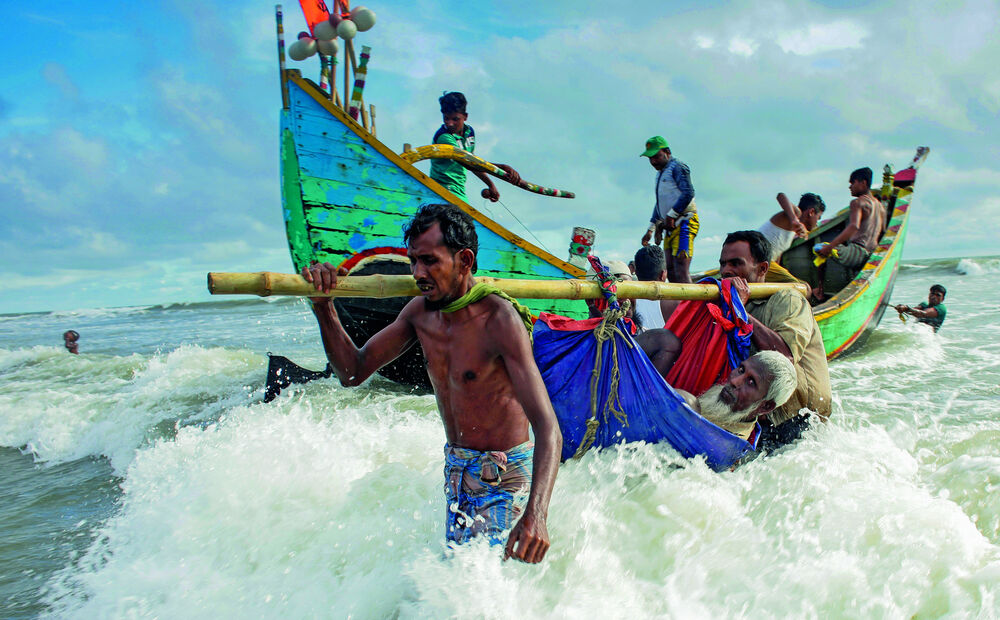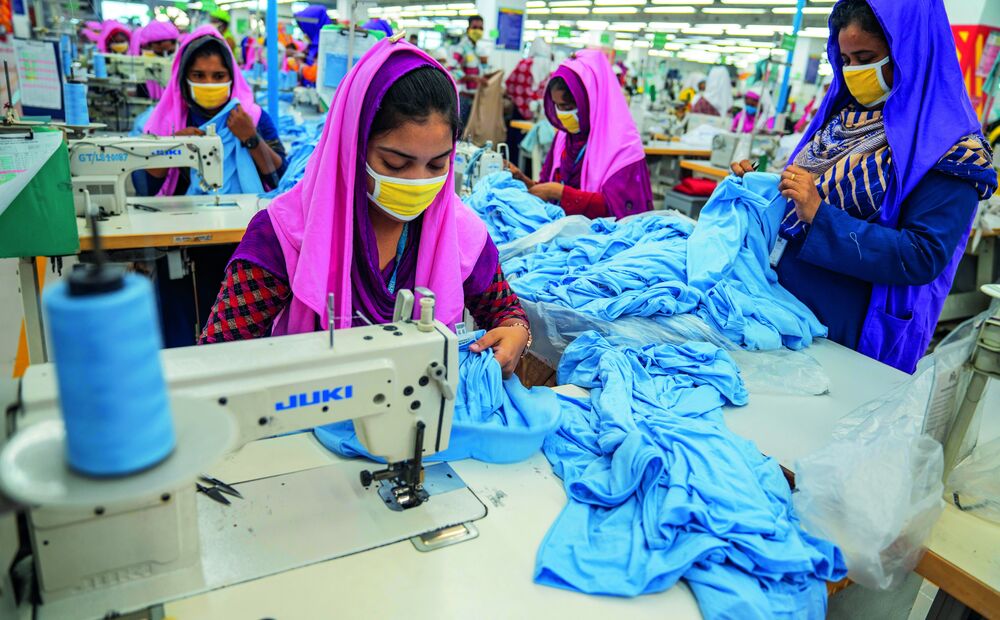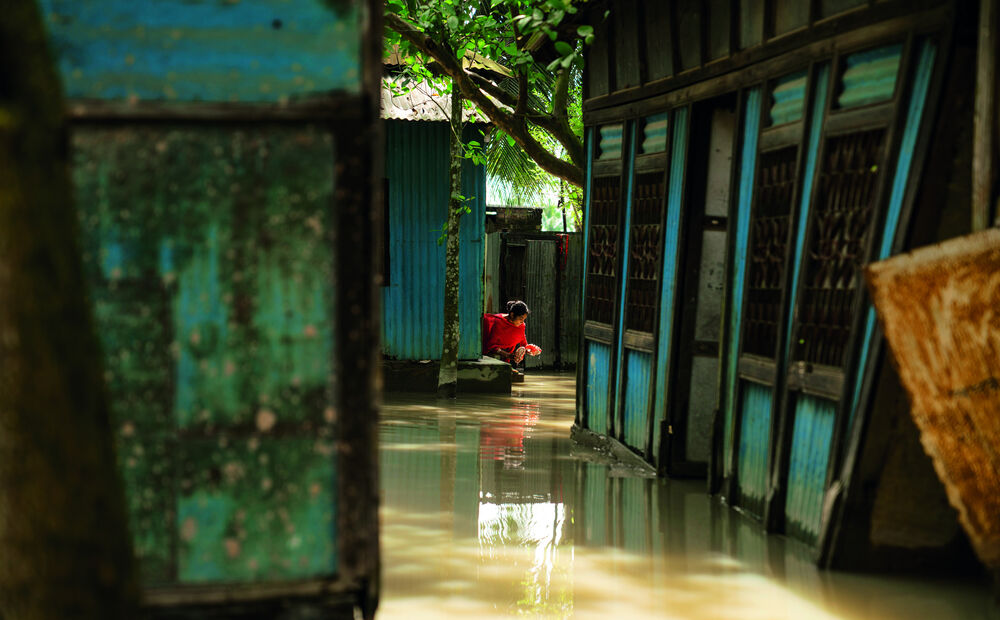The Rohingya are an ethnic group of Sunni Muslims whose native language is a dialect related to the Indo-Aryan Chittagonian language. There are currently 500,000 Rohingya still living in Myanmar. However, the country does not recognize them as a separate indigenous group, instead referring to them as illegal immigrants from Bangladesh.
The United Nations speak of them as stateless people without rights, meaning they are one of the world’s most persecuted minorities – without the right to vote and with no access to education.



